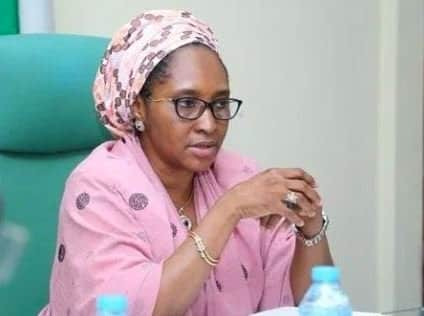
The Federal Government on Monday said despite the recent increase in the price of Premium Motor Spirit to N162 per litre, the price of the commodity in Nigeria remained among the cheapest in Africa.
The Minister of Information and Culture, Lai Mohammed, said this at a press conference in Abuja.
Mohammed was joined at the briefing by the Minister of Power, Sale Mamman; and the Minister of State for Petroleum Resources, Timipre Sylva.
The minister said, “In spite of the recent increase in the price of fuel to N162 per litre, petrol prices in Nigeria remain the lowest in the West/Central African sub-regions.
“Below is a comparative analysis of petrol prices in the sub-regions (naira equivalent per litre): Nigeria -N162 per litre; Ghana -N332 per litre; Benin -N359 per litre; Togo – N300 per litre; Niger – N346 per litre; Chad -N366 per litre; Cameroon -N449 per litre; Burkina Faso -N433 per litre; Mali -N476 per litre; Liberia – N257 per litre; Sierra Leone -N281 per litre; Guinea -N363 per litre; and Senegal – N549 per litre.
“Outside the sub-region, petrol sells for N211 per litre in Egypt and N168 per litre in Saudi Arabia.
“You can now see that even with the removal of subsidy, fuel price in Nigeria remains among the cheapest in Africa.”
Mohammed added that with the 60 per cent reduction in the nation’s revenue, the present regime can no longer afford to subside petrol prices.
He noted that fuel subsidy alone gulped N10.413trn between 2006 and 2019.
Continuing, he said, “Government can no longer afford to subsidise petrol prices because of its many negative consequences. These include a return to the costly subsidy regime.
“With 60% less revenues today, we cannot afford the cost. The second danger is the potential return of fuel queues – which has, thankfully, become a thing of the past under this administration.
“The days in which Nigerians queue for hours and days just to buy petrol, often at very high prices, are gone for good. Of course, there is also no provision for fuel subsidy in the revised 2020 budget, because we just cannot afford it.
“The cost of fuel subsidy is too high and unsustainable. From 2006 to 2019, fuel subsidy gulped 10.413trn. That is an average of N743.8bn per annum.
“According to figures provided by the NNPC, the breakdown of the 14-year subsidy is as follows: in 2006, subsidy was N257bn; in 2007, it was N272bn; 2008 -N631bn; 2009 -N469bn; 2010 -N667bn; 2011 -N2.105trn; 2012 -N1.355tn; 2013 -N1.316tn; 2014 -N1.217tn; 2015 -N654bn; 2016 -figure not available; 2017 -N144.3bn; 2018 -N730.86bn; and 2019 -N595bn.”
By Olalekan Adetayo











